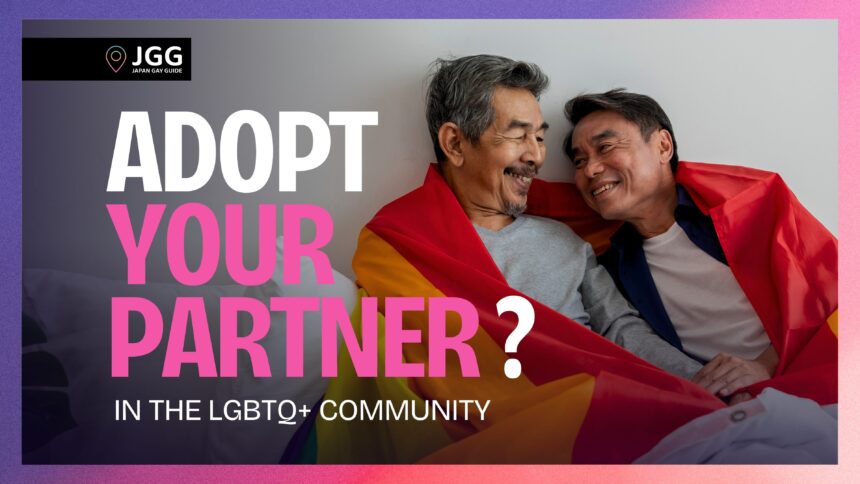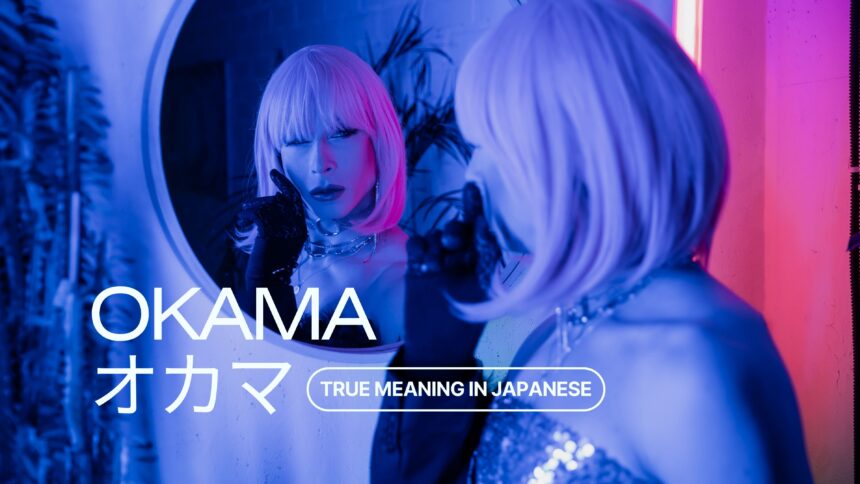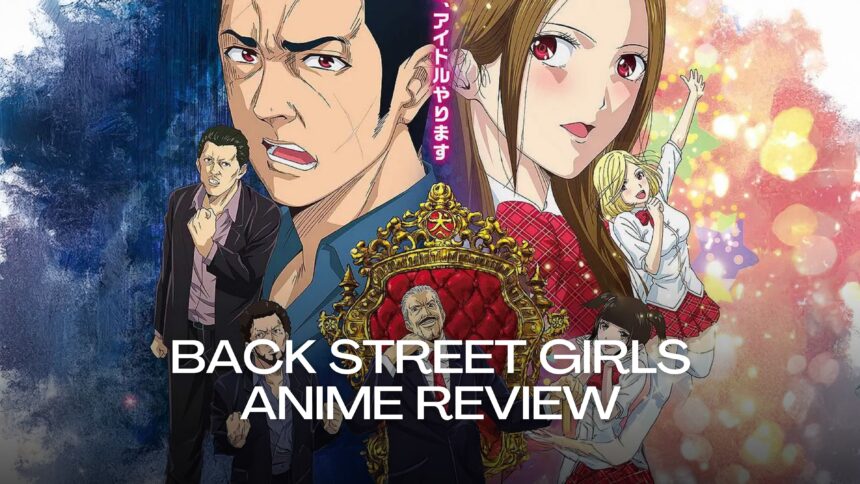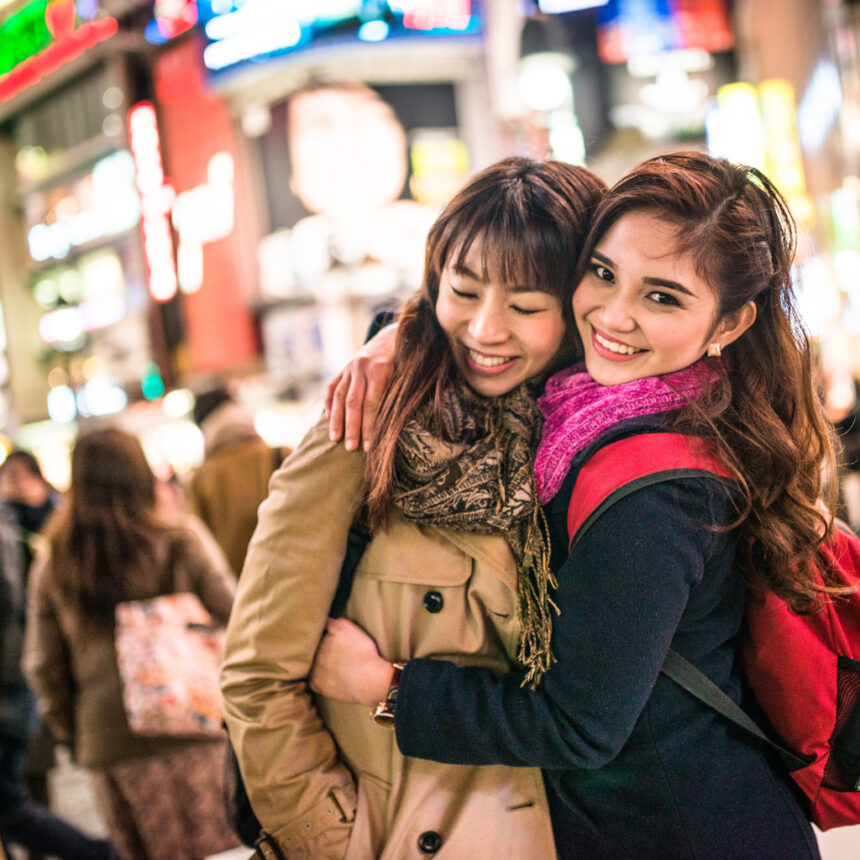Some of our beloved friends, fans and followers may have seen the Japan Gay Guide’s recent short video, “My Boyfriend is my Dad.” In it, we highlighted the strange Japanese phenomenon of gay and lesbian couples adopting their partners, with the older partner becoming the younger’s legal parent.
But what are the motivations behind this? Why is this necessary in Japan? How can it be addressed? And, most importantly, how does the LGBTQ+ community feel about it? Let us examine these issues.
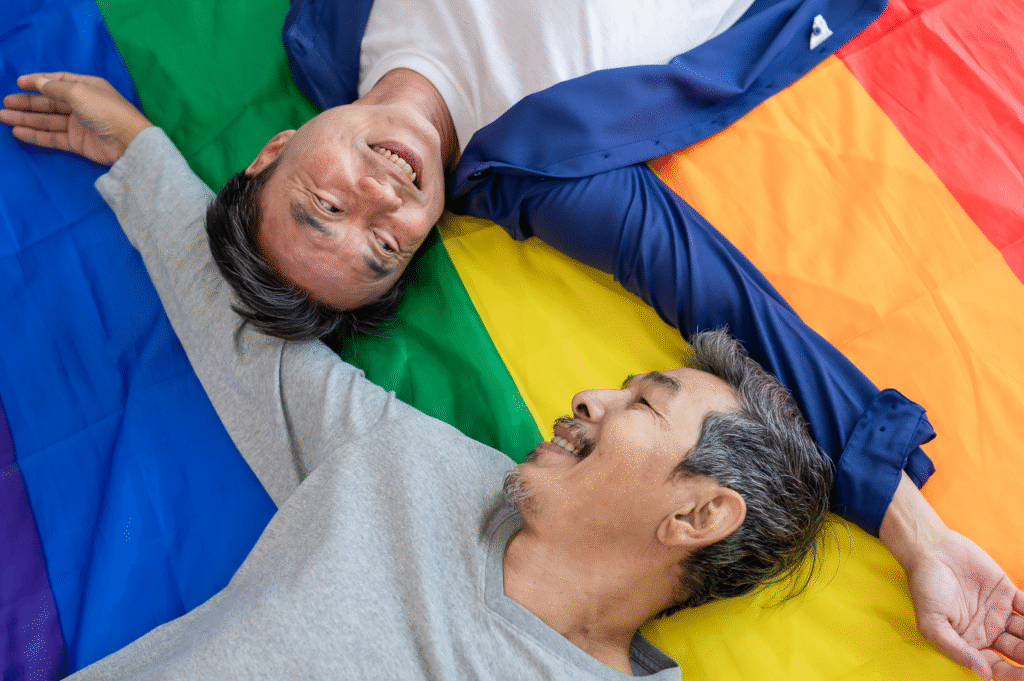
Why LGBTQ+ Couples Face Legal Barriers in Japan
As you may be aware, Japan, sadly, does not have marriage equality. Despite support among the general population, a number of political parties (including the opposition Constitutional Democratic Party, the Social Democratic Party, and the Japanese Communist Party) and even the current Prime Minister, Shigeru Ishiba, expressing sympathy and recognizing it would be beneficial for society, no legislative action is being taken.
Indeed, Japan doesn’t even recognize the stop-gap position of civil unions. As such, some local governments, including certain Tokyo wards, have begun to issue “Partnership Certificates.” These do grant some marriage-like rights in certain areas, but are not legally binding, and are sometimes invalid outside of their area of issue. For example, if you and your partner obtain a certificate in Shibuya, but moved to, say, Okinawa, your certificate would not be valid.

This means that many rights that married heterosexual couples enjoy, such as the ability to take your partner’s surname, inheritance rights, and the right to visit and, in dire circumstances, make decisions for your partner if they are badly sick or injured, are not universally enjoyed by LGBTQ+ couples.
So the adoption method, wherein your boyfriend becomes your “father,” or your girlfriend becomes your “mother,” has been, if not popular, not uncommon among same-gender couples in Japan. But where did this come from?
The History of Partner Adoption in Japan
Believe it or not, adopting an adult from outside of your family has something of a long history in Japan. Because traditionally Japanese nobility, samurai families, and businesses tended to have a very patriarchal lineage, it became a method used increasingly from the 17th Century onwards to perpetuate one’s family line, even if a family did not have a biological son (or, in some circumstances, if that son was considered unworthy).
As such, adult adoption, which confers inheritance and other property rights, the right to take a surname, and healthcare-related rights,has been used as an alternative to give LGBTQ+ couples legal protections not yet given to them by the government.
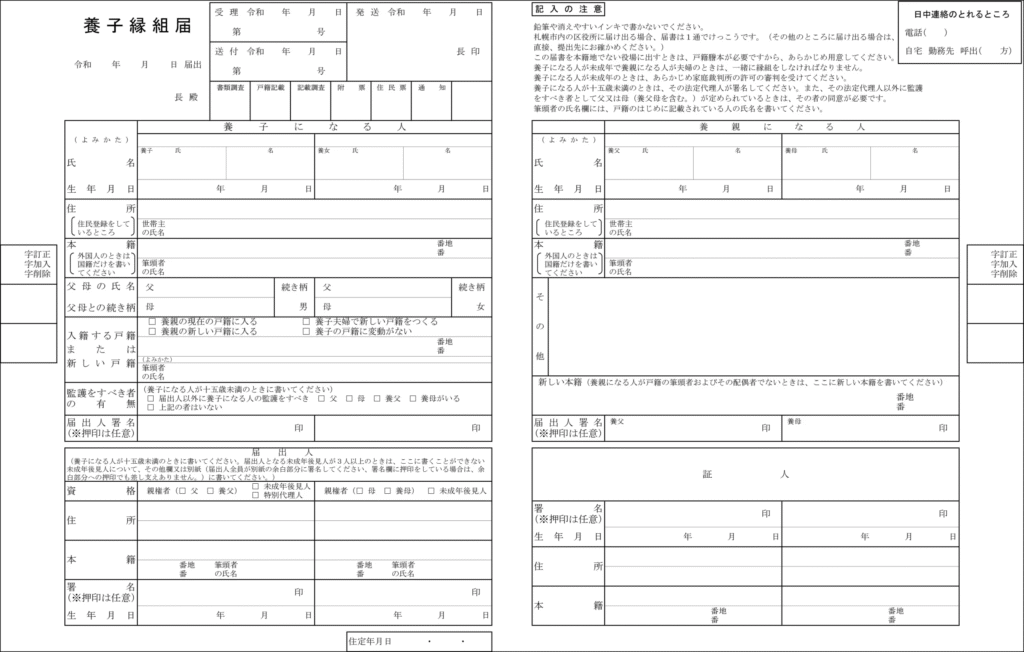
Interestingly, while this is seen as a Japanese oddity, it was occasionally used in countries like the USA and the UK before equal marriage was legalized in those countries, but the relative rarity of adult adoption made it much rarer than in Japan.
So this legal fiction of making your partner your family by taking them as your partner or child is not without precedent, either in Japan or abroad. But does that mean that it is well thought of among Japanese LGBTQ+ people, or is it another shade of a lavender wedding?
What LGBTQ+ People in Japan Really Think About Adoption
While, naturally, those who have entered this process will have at least a neutral view of the matter, we asked a friend of JGG for their perspective on this unusual phenomenon.
“Many people in my circle are understanding of those who take such a step,” they said. “As people get older, illnesses and inheritance issues become inevitable, so people understand why others might consider adoption as a step.
“However, there are still some people who don’t feel comfortable with a ‘parent and child’ being in a relationship, even if everyone knows it’s just on paper. Personally, I feel the same way. Even if I know it’s just a work-around, I don’t want to be my partner’s child or parent, so even if I can logically think it might be okay, emotionally I couldn’t do it.”
They also highlight a significant problem that this could produce if marriage equality is passed in Japan.
“I think there is uncertainty about whether couples who were previously parent-child will be able to marry when same-sex marriage is legalized in Japan. This is another reason why some people don’t support adoption.”

Because Japanese law is more open to adoption, including adult adoption, that other countries, it must also consider that it is possible that some people could adopt someone (especially someone younger) with ill-intent. So, in order to prevent the possibility that, for example, an older man could adopt a younger girl to gain parental rights over her, then disown and immediately marry her when she turns 18, it is illegal for anyone who has adopted someone to marry that same person.
This is sensible when it comes to preventing grooming. However, although currently little legislative action is being taken, the broad support for marriage equality — as well as several high profile court victories declaring the illegality of same-sex marriage unconstitutional — means that it must be considered a possibility in the near future that it becomes part of Japanese life.
In that instance, then surely the vast majority of people who adopted their partners because they felt it was their only choice, would prefer to “disown” them as children, and marry them instead. But under Japanese law, this would be impossible.
This could be considered similar to the problems faced by marriage equality in Japan as a whole. Article 24 of the constitution, which reads: “marriage shall be based only on the mutual consent of both sexes and it shall be maintained through mutual cooperation with the equal rights of husband and wife as a basis,” was arguably designed not to prevent marriage equality, but to stop arranged and abusive marriages.
Similarly, this law against marrying one you’ve adopted, while sensible in many circumstances, would now make life very difficult for anyone who thought they had no choice but to adopt their partner merely to get the rights that any reasonable person would agree they should have anyway.
The Only Way Forward: True Marriage Equality in Japan
There is only one obvious solution for these issues: Japan must legalize marriage equality. The people, opposition, Prime Minister, and courts agree. While the status of adopted couples will complicate things, there is no reason not to provide legal relief for those couples who felt there was no other way to be given legal relief.
“I think same-sex couples who want to get married want equal options. I feel the same way myself. If two people want to get married, they can. It’s sad that this option is being taken away by the law,” says our friend.
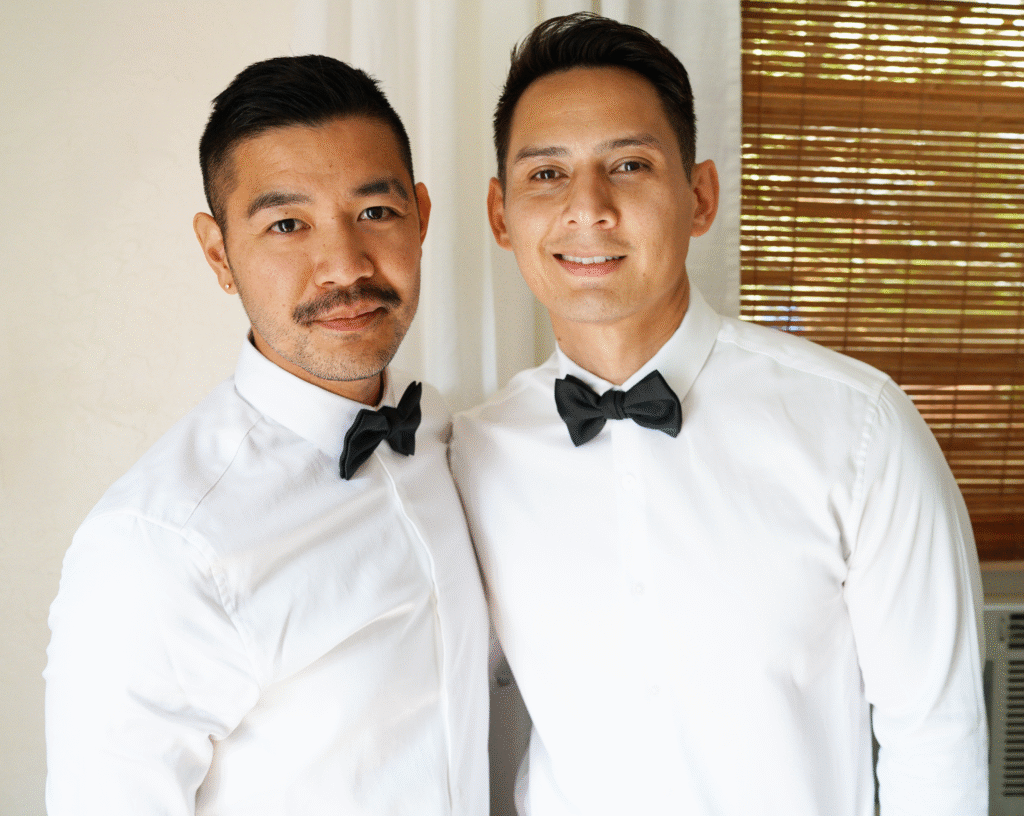
”Some people often say that it would be better to get married overseas, but my partner and I both love Japan and would like to continue living here, so we would like to get married while we are still alive.”
These are the feelings of people across Japan. Rather than pressuring people into adopting their partners, instead Japan should be adopting better laws.

